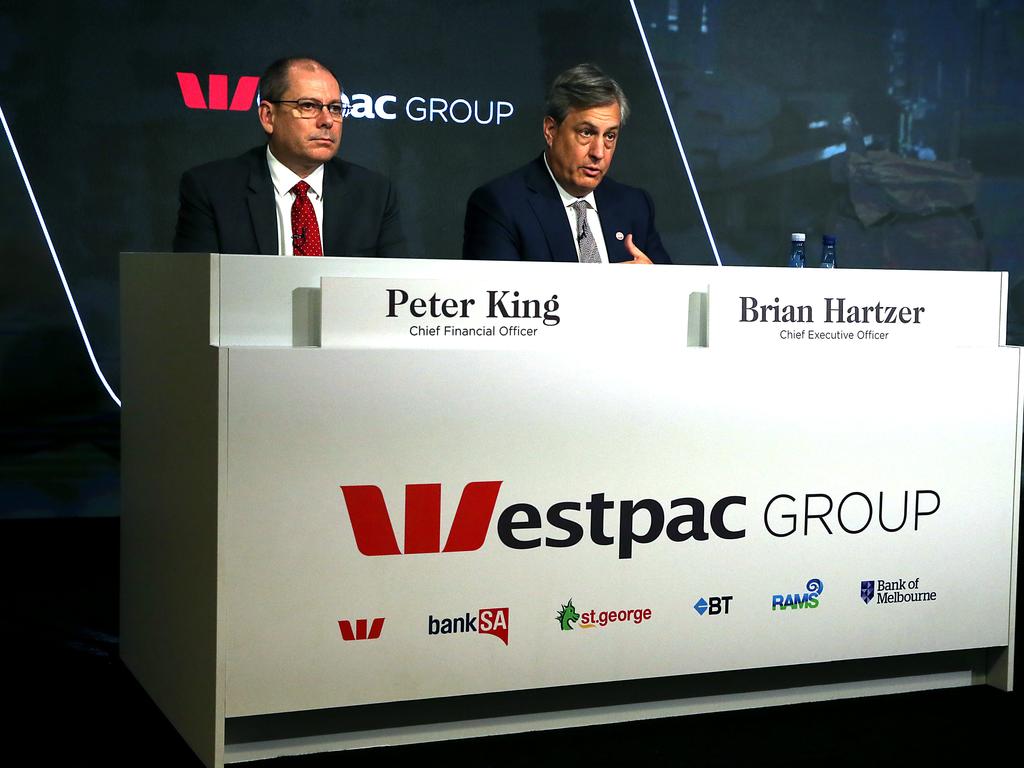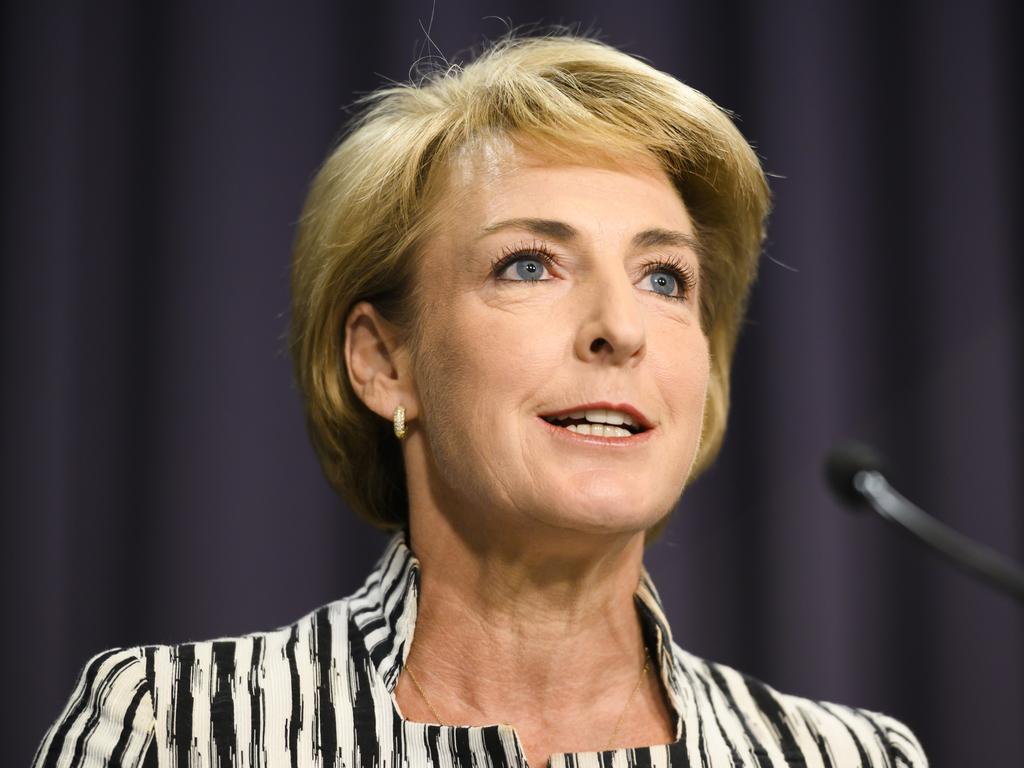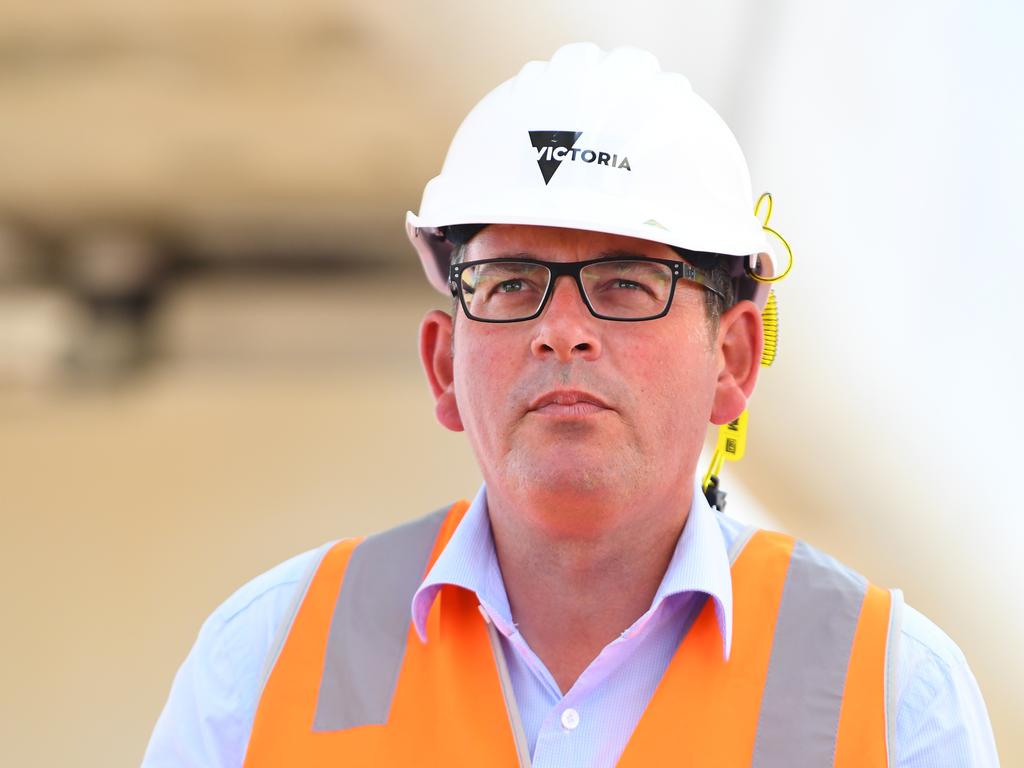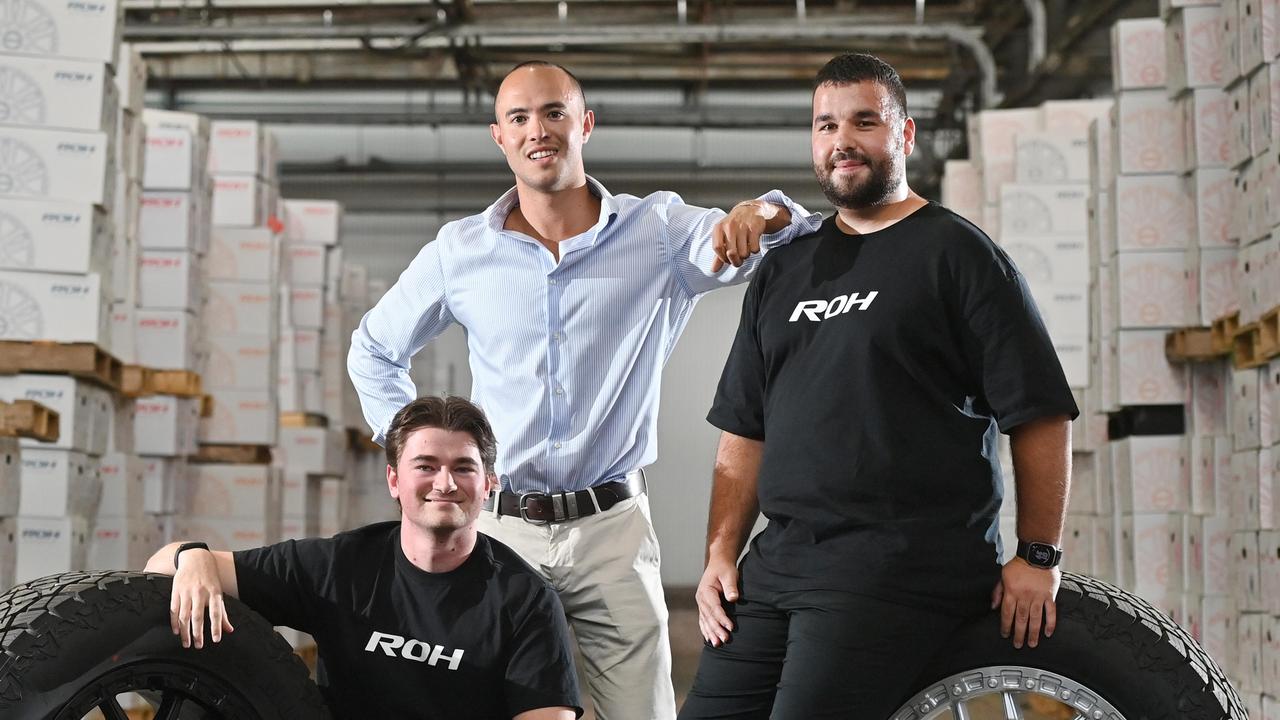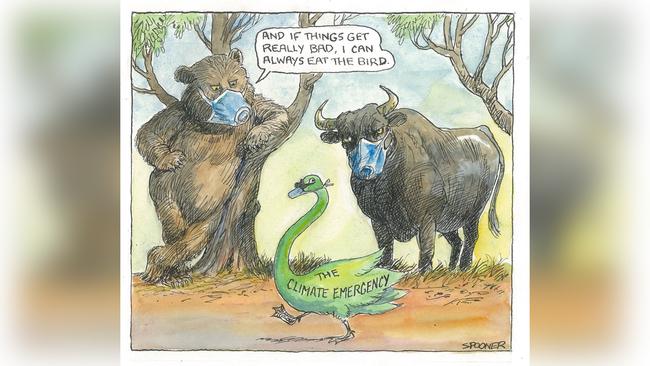
Australian stocks have started the year in style with a 4.9 per cent gain in price terms, lagging the US but easily beating offshore peers.
However, the issue is whether the coming earnings season will validate the increase.
MST’s Hasan Tevfik notes that profit season normally boosts one company against the market rather than moving the entire market, but, suffice it to say, macroeconomic trends are not great.
Low confidence, weak consumer spending, global uncertainties and China risks, including the new coronavirus, all suggest a subdued earnings season.
The accompanying table will be repeated all month, showing just how market estimates change during the course of the season.
Consensus forecasts provided by Goldman Sachs show the market expects overall profit growth to slow from 4.7 per cent last year to 3.5 per cent this year, with resources companies’ earnings per share leading the way, up 9 per cent but down from 19 per cent a year ago.
Bank earnings are expected to be flat after falling 11 per cent last year and industrial company earnings will rise 3.8 per cent after a 2 per cent fall last year.
The downward revisions should already have been made in the confession season, with the likes of TWE taking a bath, which means, on the numbers, the season should be OK. It is the commentary that will move prices.
Perpetual motion
Sixteen years and a handful of chief executives later, Perpetual has again ventured offshore with the $54m acquisition of US-based Trillium Asset Management.
Its last foray into Ireland ended in tears and it remains to be seen whether new boss Rob Adams will be more successful in the company’s first meaningful step into the US. Trillium was created in 1982 by the late Joan Barvara, was one of the founding members of the environment, social and governance investment (ESG) movement.
ESG is now back in favour and Trillium is a fund that has been an ESG leader but not a great distributor — which is where Adams figures he can add value.
At $5.5bn under management that’s a sizeable addition to the existing base of $26.3bn and the US is a sensible expansion for a funds management company in need of a revamp.
Wylie advice
John Wylie’s Tanarra Capital has just turned five and the founder used the occasion to explain how the $1.7bn fund operates. Covering equities, private debt, venture capital and more, the philosophy is “business strength through diversity”.
“What goes with the mindset of a family office is a strong focus on capital preservation — even though we’re predominantly invested in growth assets. We believe it’s perfectly possible to invest for capital growth while at the same time keeping a keen eye on downside protection.”
The approach is to take investments and work with management with the aim of boosting value, like a private equity fund without a change of control.
VC includes investments like a stent-type device that offers the prospect of greatly slowing the development of Alzheimer’s, robots that will automate and improve the efficiency of line marking for trade shows and eventually roads, and a cloud-controlled automated laboratory testing service for cancer drug development.
The role model is US-based Value that invests under the principles of transparency and respect, relationships and trust and long-term thinking.
Wylie has teamed up with former Lazard UK chair and Wesfarmers consultant Archie Norman to head his offshore advisory board.
His four big issues for the future include whether the US and China can work together, climate change, controlling nuclear weapons and whether AI can be a force for good.
Contract dispute
When Treasurer Josh Frydenberg trumpets $100bn in infrastructure projects over 10 years it sounds impressive but the reality is such projects come with risks — as Victorian Premier Daniel Andrews is learning.
In December, Andrews had a problem with his $11bn Metro tunnel project and called in Flagstaff’s Tony Burgess and Arnold Bloch Liebler’s Leon Zwier to help sort through a contractual dispute that could add to the cost of the project.
Now his $6.7bn West Gate tunnel project is in the middle of a dispute with contractor Transurban and its subcontractors CPB and John Holland.
The reality is this is how contractors make money — you do a deal then negotiate it on better terms, a practice perfected by industry legends like former Leighton boss Wal King.
This time the villain is PFAS, a chemical that, ironically enough, used to be used in fire retardant.
The West Gate contractors argue that EPA Victoria has changed its rules on treating the chemical, which by some tragedy has increased the cost of their work.
PFAS is found in land once used for landfills, sewage discharge and, naturally enough, around fire stations.
It is also found in non-stick cookware, chemicals used to protect carpets and food packaging.
The chemical is toxic to animals because they can’t break it down and in humans is linked to kidney and liver problems.
The Victorian EPA argues its policy is clear: from October, supervision is required when removing PFAS-contaminated soil.
The argument then is over the enforcement of the policy. The contractors want an increase in their $4bn fee, while Transurban doesn’t want any increase coming out of its pockets.
That’s where the battle stands.
Inevitably a settlement will be reached, which may end by costing Victorian taxpayers more money.
Infrastructure investment like motherhood is a great thing but it is not the only solution for a much-needed boost to the economy.
That explains why Frydenberg should think more widely.
As noted here earlier this week, this could include direct action like government rebates to boost wages of apprentices and other certificate holders, and so-called earned income tax credits to boost minimum wage earners. This money would flow directly into the economy.
Longer term, of course, the productivity changes should focus on education and health. This would include improving performance by boosting outpatient care to cut hospital stays to an average of one day, down from five or six, and boosting education output by hiring more professionals from outside the system to teach specialities like maths and science.


